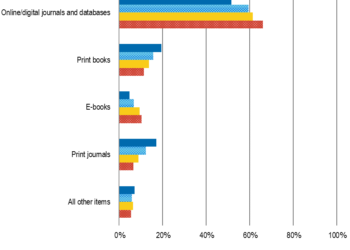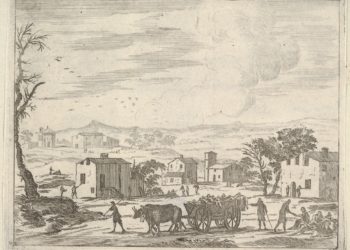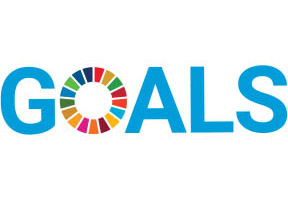With the presidential election wrapped up in the US, we suddenly find ourselves with excess cognitive capacity, as the parts of the brain that have been used for the past week to identify and parse different counties in swing states have now been freed up for other purposes. In the US, this means catching up with the rest of the world in the recognition that we are heading into an increasingly worrisome period of the current COVID-19 public health emergency.

Though there’s potential good news on the horizon (the new US task force is a welcome relief, and though somewhat premature, the latest vaccine news is encouraging), we are going to have to get through a difficult winter. Key to this will be overcoming our COVID-fatigue, and to ramp back up the seriousness with which we approach mask wearing, social distancing, and lockdowns.
I thought this would be a good time to compile a selection of our COVID-related posts in one place, with the note that there are going to be more (many more) to come. In some ways, our sector in 2020 was spared some portion of the economic impact of the virus, as many budgets had already been set and spent. 2021 is expected to be the year where we really begin to see the brutal impacts on the scholarly communications community. To keep up with all that our Chefs and Guest Authors are writing on the subject, you can always check our list of articles with the tag “Pandemic”.
Some useful posts I wanted to bring to your attention in case you hadn’t seen them:
The Big Picture, Opportunities for Progress and Long Term Impacts on Scholarly Communications
In Search of Equity and Justice: Reimagining Scholarly Communication
Two Steps Forward, One Step Back — The Pandemic’s Impact on Open Access Progress
Guest Post — The Covid Infodemic and the Future of the Communication of Science
Ask The Chefs: Permanent Change?
What Will We Learn About Scholarly Publishing as a Result of COVID-19?
Libraries and Academic Institutions in the Time of Pandemic
Forecasting the US Higher Education Market: A Primer
How are Academic Institutions Innovating Under Pressure
Academic Libraries at a Pivotal Moment
Guest Post — Why Federated Access Matters: One Library’s Pandemic Story
Scholarly Societies in the Time of Pandemic
The Global Pandemic and Scholarly Societies
Guest Post — Building Resilient Learned Societies in an Age of Pandemic and Fear
The Editorial Office in the Time of Pandemic
Are Publishers Learning from Their Mistakes?
Editorially Surviving an Outbreak
Careers and Working Strategies in the Time of Pandemic
Building Your Remote Workforce: Including Tips & Tricks for Social Distancing
Guest Post — On Working from Home in a Pandemic
Changing Jobs During a Pandemic
Coping with Working Part-time and Being a Better Colleague to Those Who Do
SSP’s Early Career Development Podcast: Episode 4, The Publishing Industry and the Pandemic Part 1
SSP’s Early Career Development Podcast: Episode 5, The Publishing Industry and the Pandemic Part 2
Meetings and Conventions in the Time of Pandemic
Scientific and Scholarly Meetings in the Time of Pandemic
Guest Post — Making the Most Out of Virtual Events: The Publisher as Vendor
Guest Post — Pivoting your Conference: Pandemic as the Mother of Invention



